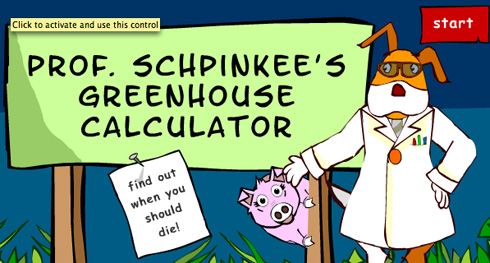Tens of thousands of students have signed up to pay for a legal P2P music program in US universities, set to start later this year in experimental form. It’s Choruss, the incubator hatched by Jim Griffin – a long-time advocate of licensing P2P sharing on networks.
Choruss won’t ultimately be in the retail or service business, Griffin told us in Washington DC today – but it may provide an “umbrella” for managed service companies such as Playlouder MSP, the technology partner for the suspended Virgin Unlimited music service. “We’re not in the business of distribution,” he said. Griffin was also on a panel at the biennial World Copyright Summit, organised by CISAC, the global organisation for collective rights management societies.
Griffin says this year’s phase of Choruss is designed to experiment with pricing. Different colleges will get different pricing schemes.
“The plan is to use next school year to run tests and experiments,” he said. Only after the scheme has been running will an assessment be possible – but Griffin told Summit delegates that, “We’ve had students tell us it’s worth $20 a month – to share what they want to share.”
The fact that such large numbers have volunteered to pay for a P2P service defies the conventional music industry wisdom that the only way to compete with the pirates is with free offerings. It also shows how much Choruss has evolved since it first broke the surface last April, when talk was of opting students in automatically, in return for a “coventant not to sue”.



